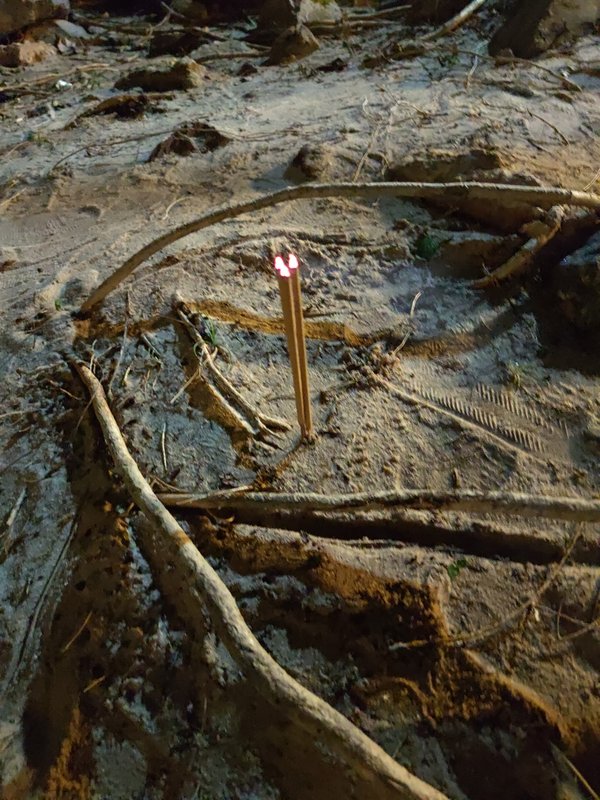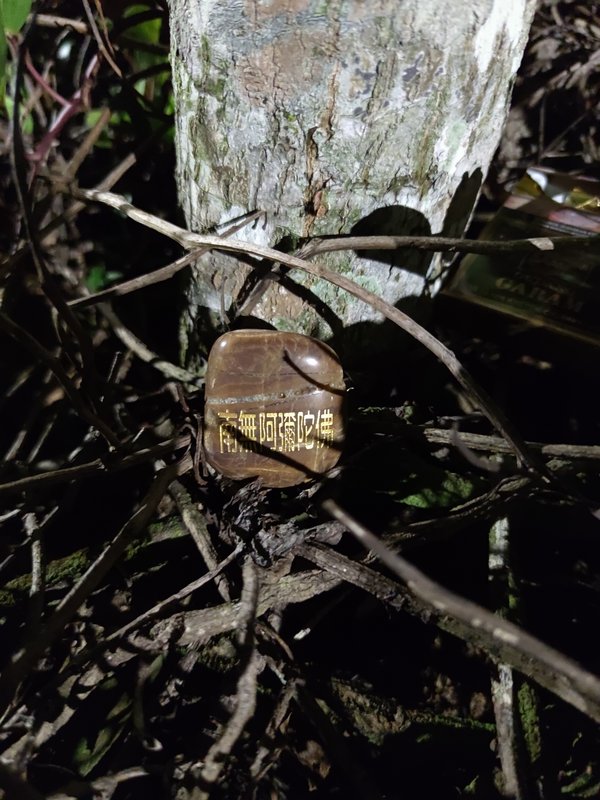AUTUMN&WINTER
High Supremacy Member
- Joined
- Sep 29, 2011
- Messages
- 28,224
- Reaction score
- 28,405
Buddhist Verses & Silent Readings For Reflection (静思语) - Part 3
愿以此功德, 庄严佛净土,上报四重恩,下济三涂苦,若有见闻者,悉发菩提心,尽此一报身,同生极乐国!
May the merit and virtues
accrued from this work,
Adorn Amitabha Buddha's Pure Land,
Repaying the four kinds
of kindness above,
and relieving the sufferings of
those on the Three Paths below.
May those who see and hear of this,
And all sentient beings in the Dharma Realm,
All develop the Bodhi Mind,
And live the Teachings for
the rest of this life,
Then be born together in
The Land of Ultimate Bliss.
Homage to Amitabha Buddha!
愿以此功德, 庄严佛净土,上报四重恩,下济三涂苦,若有见闻者,悉发菩提心,尽此一报身,同生极乐国!
May the merit and virtues
accrued from this work,
Adorn Amitabha Buddha's Pure Land,
Repaying the four kinds
of kindness above,
and relieving the sufferings of
those on the Three Paths below.
May those who see and hear of this,
And all sentient beings in the Dharma Realm,
All develop the Bodhi Mind,
And live the Teachings for
the rest of this life,
Then be born together in
The Land of Ultimate Bliss.
Homage to Amitabha Buddha!
Last edited:




























